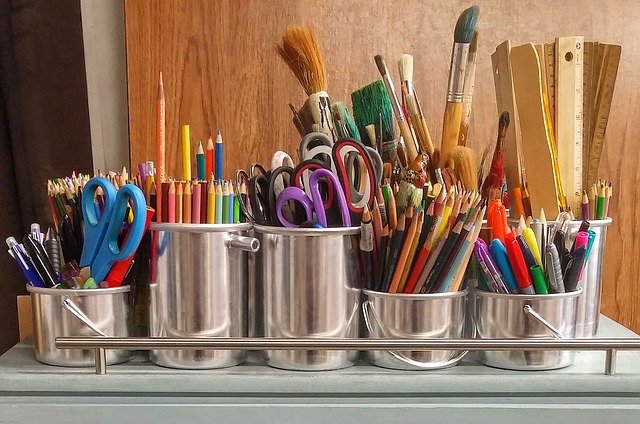Kent and Sheffield launch a news series of talks on the arts, humanities and health

The universities of Kent and Sheffield have collaborated to produce a new series of free interactive online talks where scholars, health professionals and the public can discuss how healthcare may be informed by the arts and humanities.
Titled, ‘Conversations about Arts, Humanities and Health’, the series launches on Wednesday 21 April (4pm – BST) with a Zoom talk with Nicola Shaughnessy, Professor of Performance at Kent’s School of Arts. She will be joined by the series co-organisers Dr Dieter Declercq and Professor Ian Sabroe for a discussion on her inspiring work and interdisciplinary collaborations with artists, health professionals and scholars in humanities and social sciences. This includes her founding of Kent’s Research Centre for Cognition, Kinesthetics and Performance (2010-2018).
Future guests in the series include Dr Lauren Barron (Baylor University), Dr Alyssa Burgart (Stanford University), Professor Paul Crawford (University of Nottingham), Dr Esther L Jones (Clark University), Professor David Magnus (Stanford University) and Dr Chris Millard (University of Sheffield).
The series is a joint initiative by Professor Sabroe, Consultant in Respiratory Medicine (Sheffield Teaching Hospitals NHS Foundation Trust) and Honorary Professor of Medical Humanities at the University of Sheffield, and Dr Declercq, Lecturer in Film and Media Studies and Associate Director of the Aesthetics Research Centre at Kent. The event is organized with support of the Winston Churchill Memorial Trust.
Dr Declercq spoke of the intention for the series, saying: ‘We are hoping to create meaningful dialogue and connection between humanities and medicine. Our guests will share their experiences of successfully integrating arts into health contexts. We are excited to begin the talk series with Professor Shaughnessy, a highly respected expert and thought leader across the fields. Professor Shaughnessy personifies the aims of the cross-collaborative opportunities for these disciplines and her extensive body of work makes the benefits more than evident.’
Professor Sabroe added: ‘One of the great challenges in medicine is understanding human experience and using that understanding in a practical way. It’s going to be a very enlightening journey to learn from other people’s experiences of what medical humanities has told them about the world around them and their journey through to perhaps making the world a better place.’











Responses